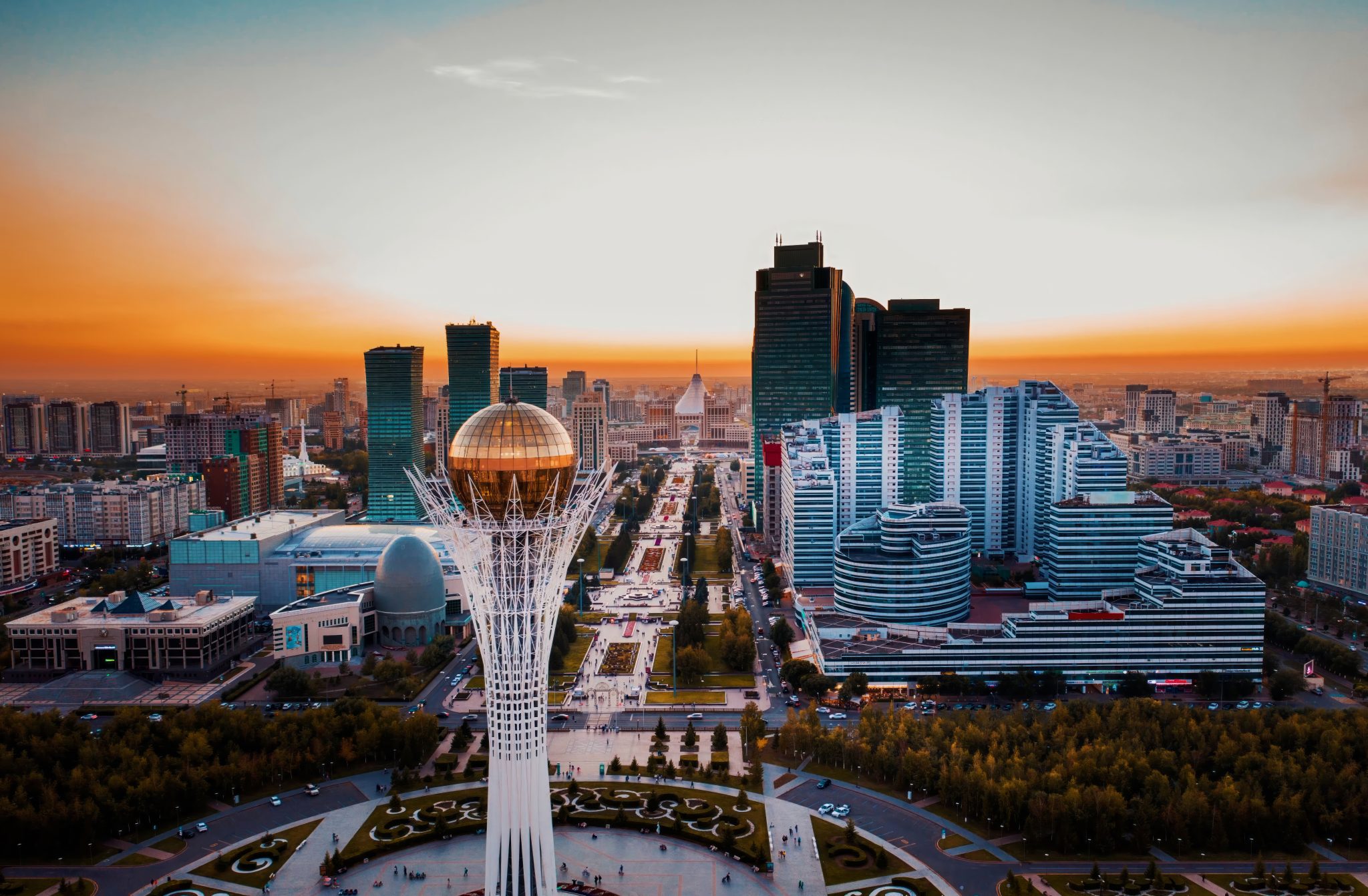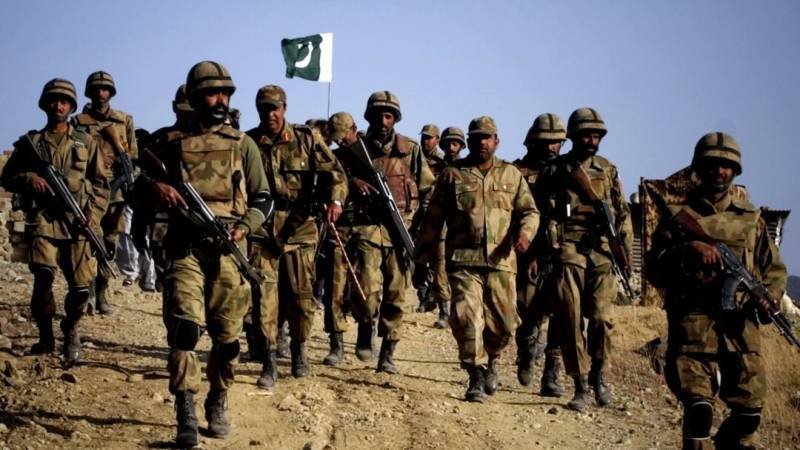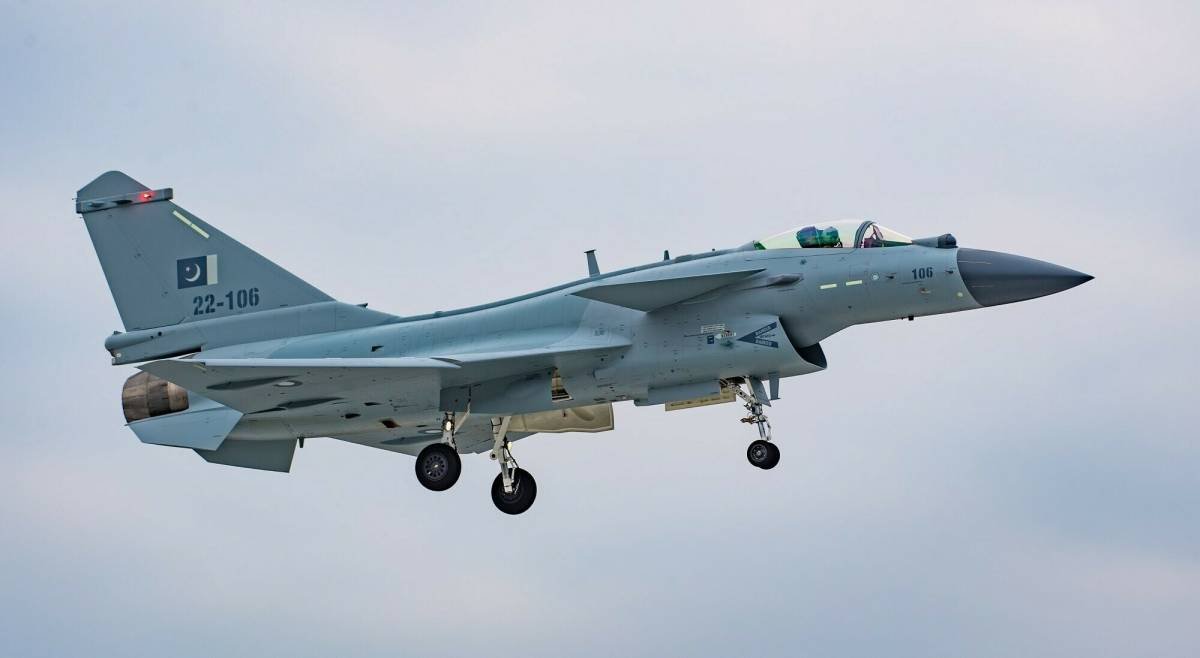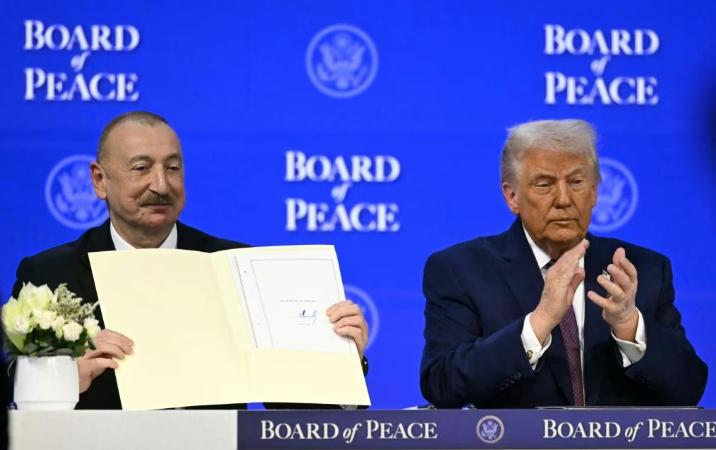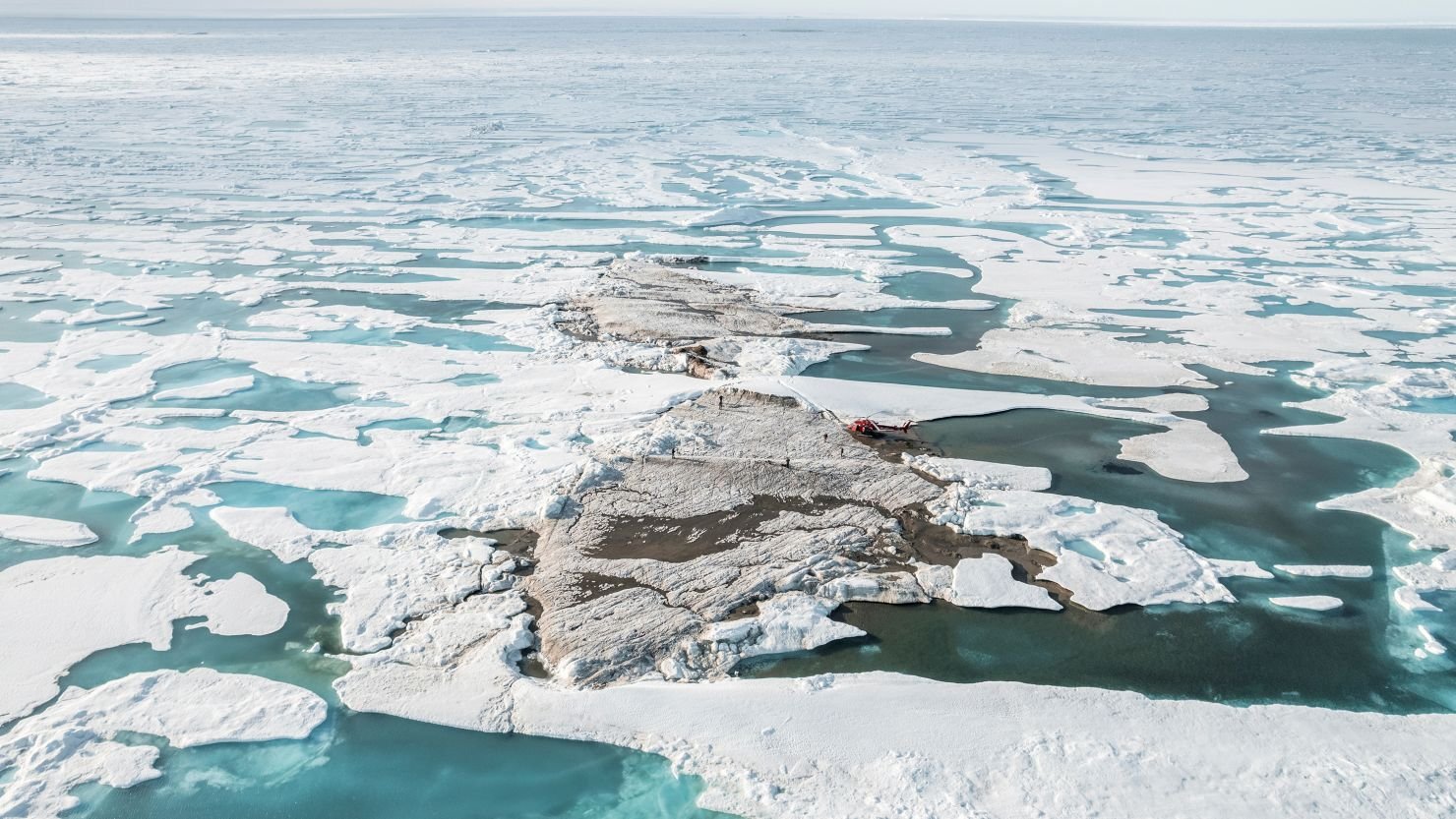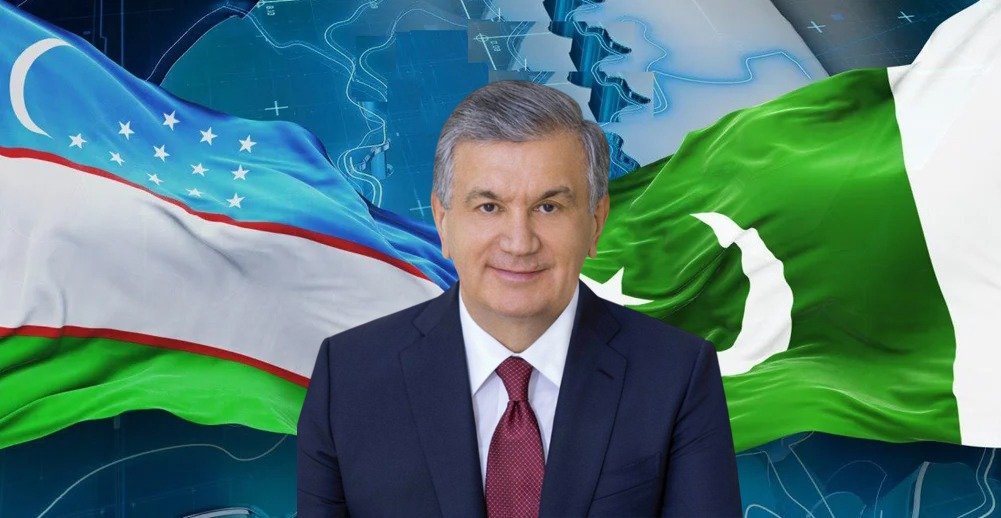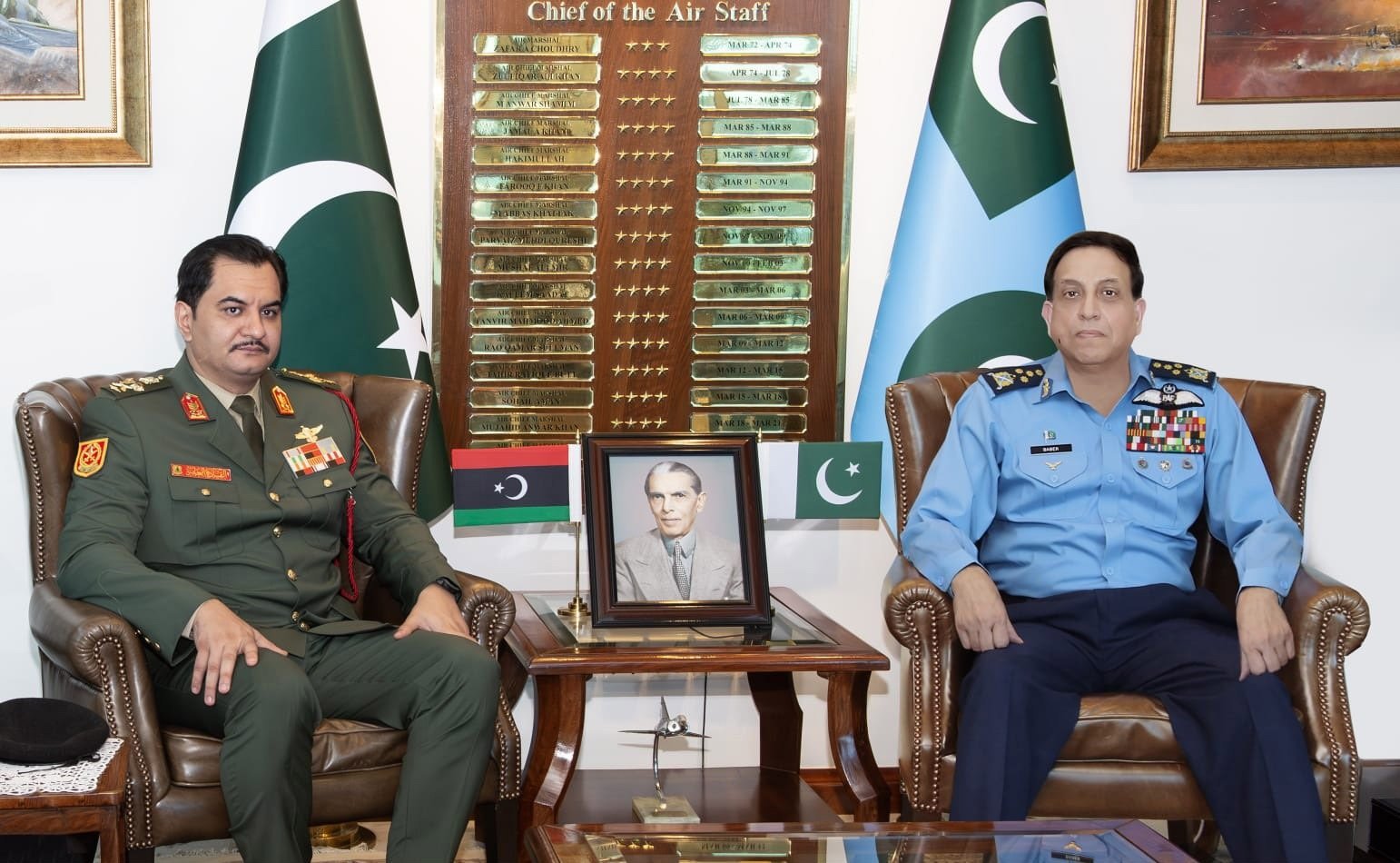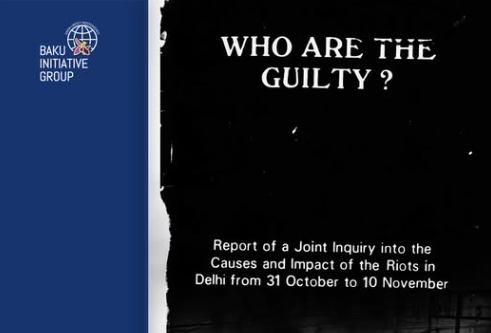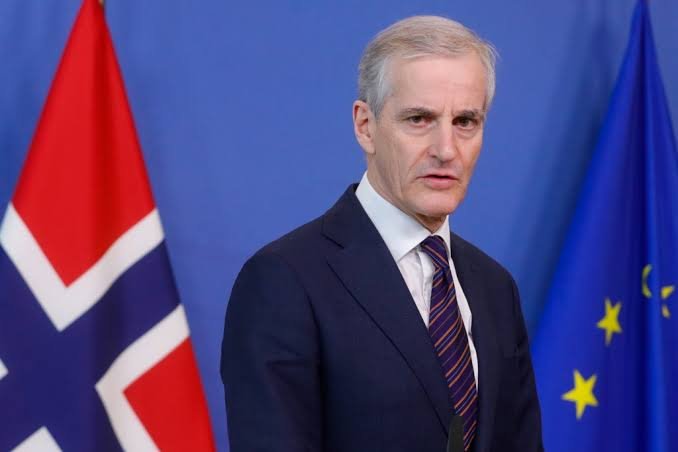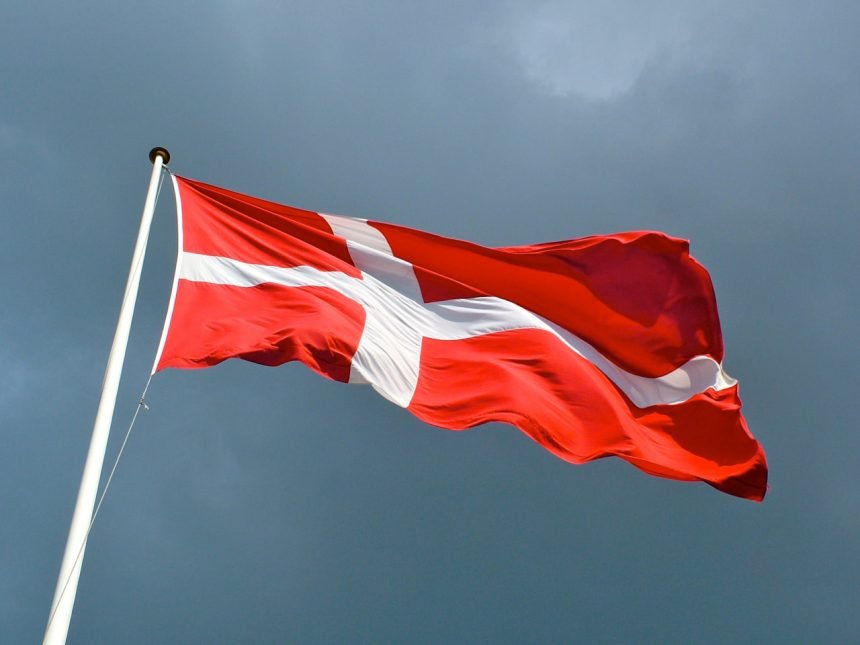As the foremost power in Central Asia, the leader of the Middle Corridor, and a trusted ally of both the European Union and the United Nations, Kazakhstan continues to draw global attention as a bridge across continents. Exemplary in its multivector foreign policy, the country stands as a model of peacekeeping, nuclear non-proliferation, digital transformation, and promotion of global peace. It remains one of the UN’s most reliable partners.
In September 2025, President Kassym-Jomart Tokayev of Kazakhstan addressed the General Debate of the 80th session of the United Nations General Assembly, once again reaffirming the country’s commitment to peace, nuclear disarmament, and reform of the UN Security Council in light of the emergence of new global powers.
As an active member of the UN, Kazakhstan cooperates closely with UN agencies and country teams on sustainable development, human rights promotion, and gender equality. The country also hosts the UNHCR’s Central Asian office, further underlining its role as a vital partner to the organization.
For instance, in September 2025, Astana hosted the United Nations Plan of Action to Safeguard Religious Sites, inaugurated by UN Deputy Secretary-General and High Representative for the Alliance of Civilizations Miguel Ángel Moratinos and Speaker of the Kazakh Senate Maulen Ashimbayev — a significant event in a multi-confessional nation like Kazakhstan.
Kazakhstan as the Bridge of Eurasia: The Middle Corridor
The second part of Tokayev’s address centered on Kazakhstan’s geostrategic position as a bridge between Asia and Europe:
“Located in the very center of Eurasia, Kazakhstan is poised to play a crucial role as a logistics hub, handling 80% of all overland transit between Asia and Europe.”
The President highlighted ongoing multibillion-dollar investments in transport infrastructure, including the Belt and Road Initiative, the North–South and Trans-Caspian transit corridors. “By 2029, we plan to build 5,000 kilometers of new railway lines,” he announced.
Kazakhstan’s regional cooperation with Azerbaijan further strengthens this strategy. President Ilham Aliyev’s state visit to Kazakhstan on October 20–21, 2025, underscores the deepening partnership between the two leaders. Both nations, cornerstones of the Middle Corridor, collaborate across energy, logistics, sustainability, tourism, media, education, and even nuclear energy.
As The Times of Central Asia observed in April 2025, in its article “How Kazakhstan and Azerbaijan Are Rewiring the Middle Corridor”:
“Kazakhstan’s acceleration of its strategic alignment with Azerbaijan signals more than bilateral convergence. It reflects a deeper structural reconfiguration of Eurasian connectivity — one that is not additive but integrative.”
Among notable initiatives:
- Kazakhstan announced in December 2024 the financing of a new terminal at Alat Port in Azerbaijan.
- The country expanded its use of the Baku–Tbilisi–Ceyhan (BTC) pipeline. (Kazakhstan-origin crude oil is transported via the Baku-Tbilisi-Ceyhan pipeline, refined in Azerbaijan, and exported globally).
- A joint $300 million investment fund was established by the two nations to develop Middle Corridor infrastructure, including the Alyat intermodal terminal expansion and a future fiber-optic highway under the Caspian Sea — part of the Digital Silk Road initiative.
Astana Think Tank Forum
The Kazakh capital hosts the two-day Think Tank Forum on Oct. 15-16, bringing together leading scholars, diplomats, and policymakers across the globe, from the United States to Eurasia, to explore practical ways to rebuild trust and strengthen cooperation in an increasingly fragmented world according to Astana Times. In this issue,
Shaimardanov, Z. (2025, October 12) wrote:
“The Forum represents more than a high-level gathering – it signals the emergence of a new model of intellectual engagement. Kazakhstan’s approach to diplomacy increasingly rests not only on political neutrality, but on knowledge diplomacy: the ability to convene diverse viewpoints, build analytical bridges, and offer ideas that inspire trust.“
Digital Bridge
During his speech, President Tokayev also underlined Kazakhstan’s commitment to digital transformation, particularly the integration of artificial intelligence across all sectors. As he reiterated, Kazakhstan aims to become a fully digital state within three years.
In early October 2025, the country hosted Digital Bridge 2025, the largest technological forum in Central Eurasia, dedicated to digital innovation, startups, and AI. The appointment of Zhaslan Madiyev as Deputy Prime Minister and Minister of Artificial Intelligence and Digital Development reflects Kazakhstan’s determination to lead Central Asia’s digital future.
According to research by Barlybayeva and Ayapbergenova (2025), digitalization is expected to boost Kazakhstan’s GDP by 30%, underscoring its transformative potential.
Conclusion
Kazakhstan’s dynamic role on the regional and global stage is increasingly evident through its hosting of strategic platforms such as the Astana Think Tank Hub, the Digital Bridge forum, and the United Nations Plan of Action to Safeguard Religious Sites. These initiatives, alongside high-level diplomatic engagements like President Ilham Aliyev’s visit, reflect the country’s commitment to fostering dialogue, innovation, and multilateral cooperation. As a bridge between East and West, Kazakhstan continues to position itself as a trusted middle power, shaping the future of Eurasian connectivity and global governance.
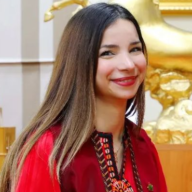
Historian and environmental management expert on Central Asia and researcher on Central Asia post-Soviet period. Journalist for EuReporter and EuReflect and Special Director of “The Gulf Observer” for Europe and Central Asia.
